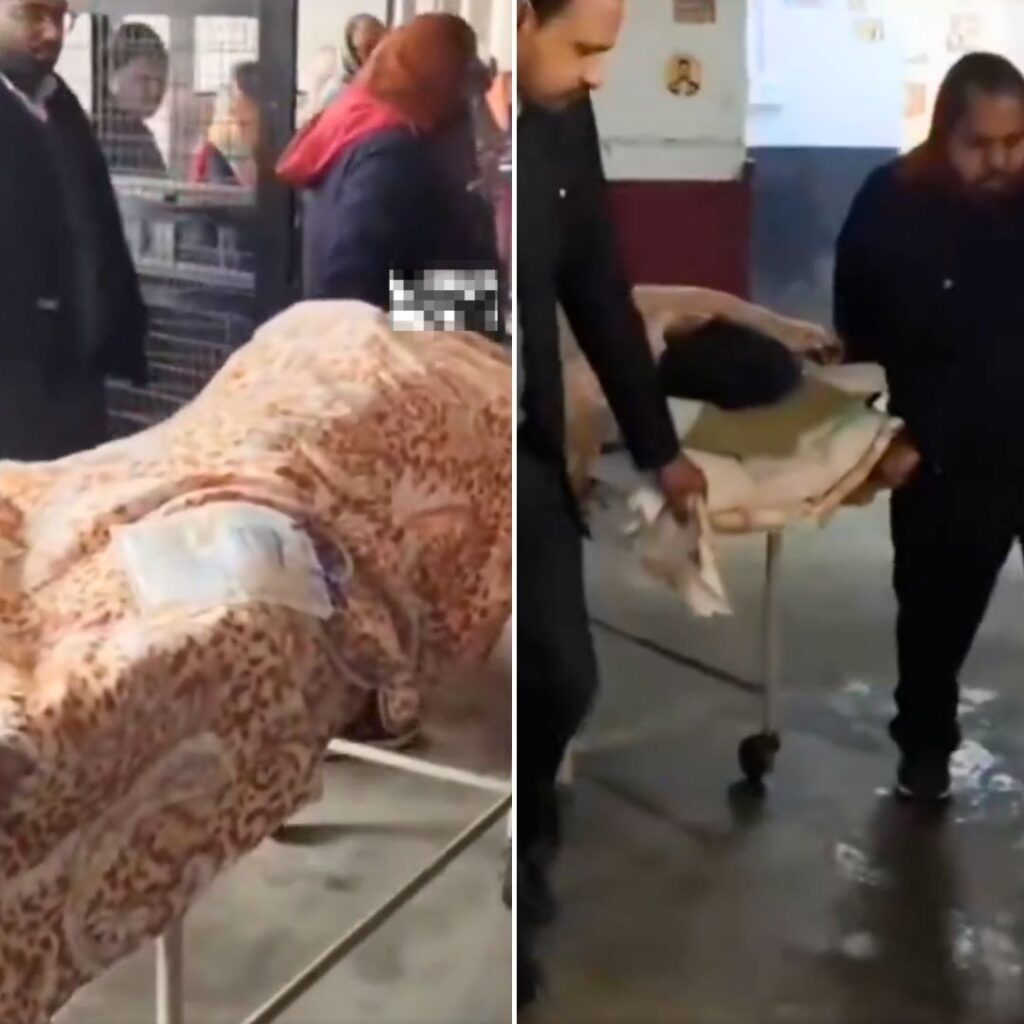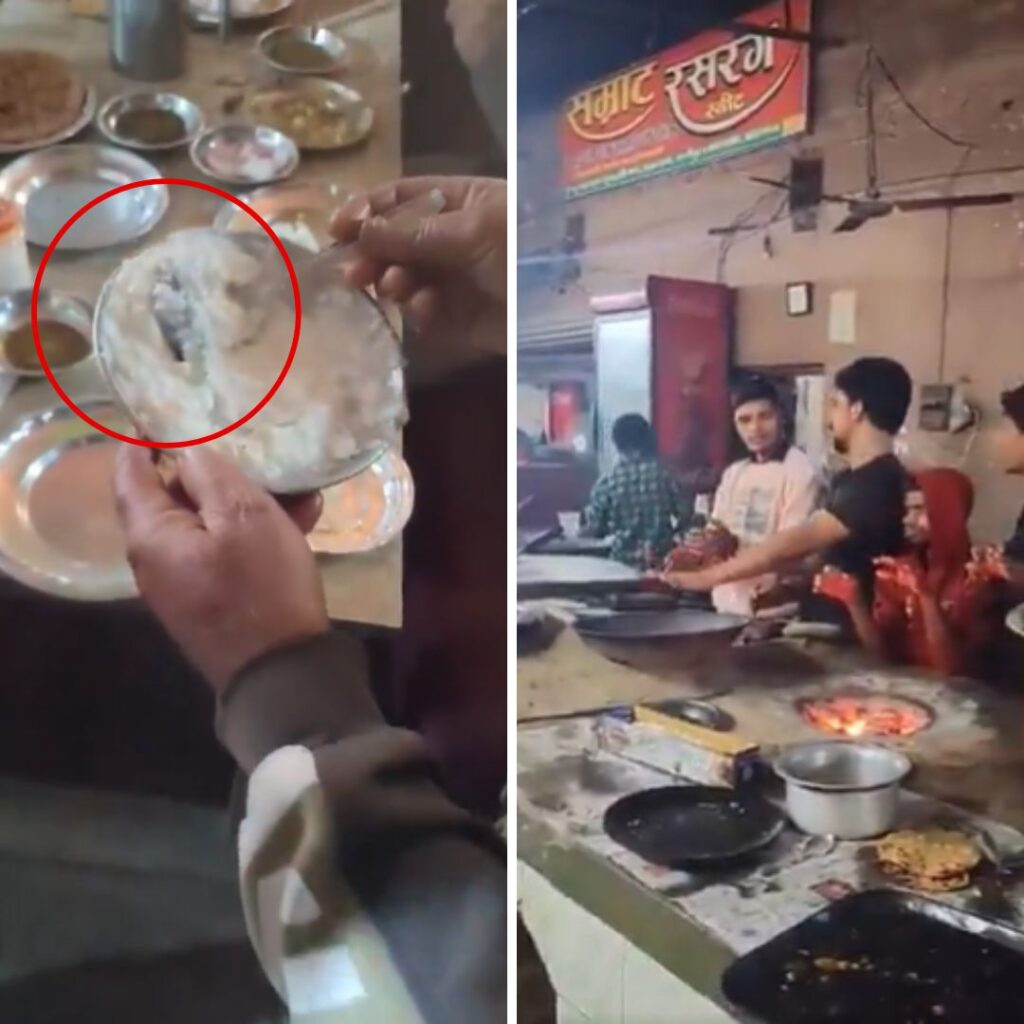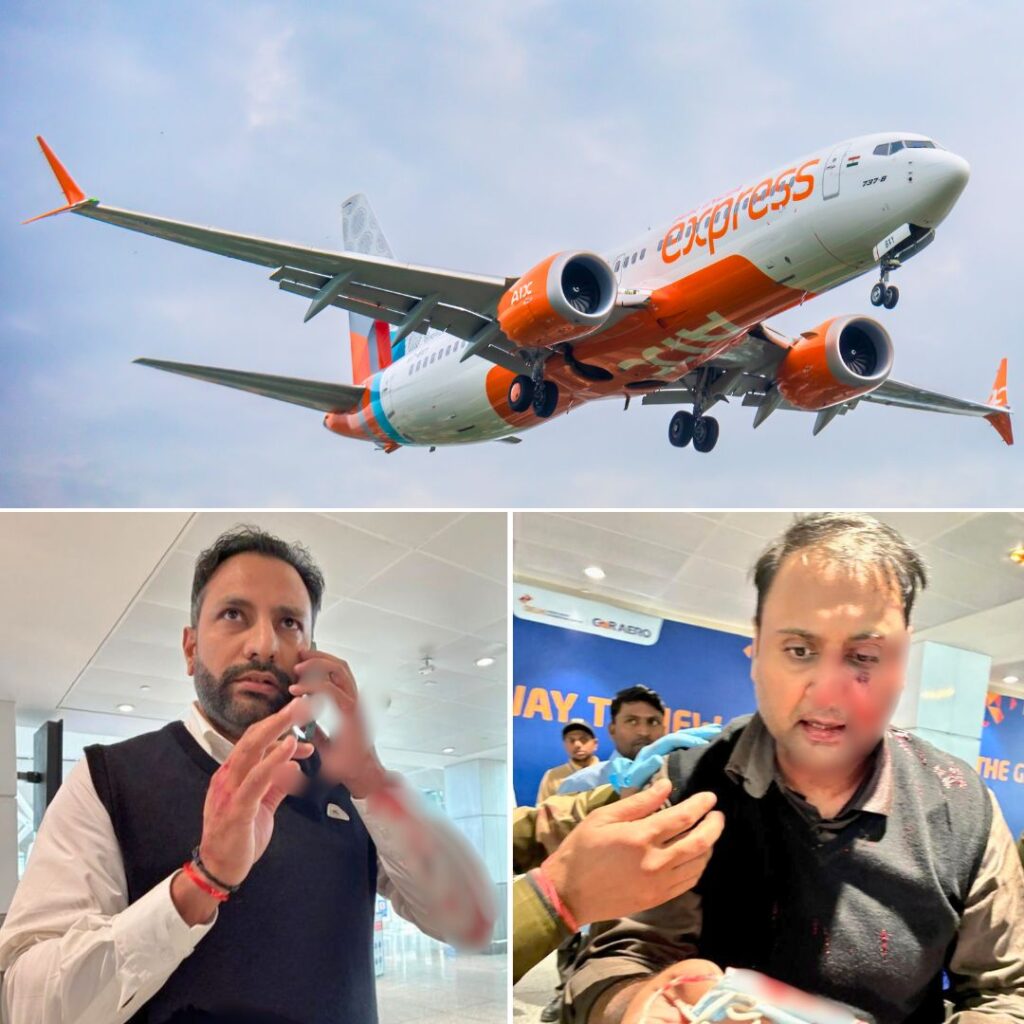The coronavirus pandemic has taken a toll on the non-COVID patients with several of them being turned away or experiencing delayed medical treatment amid the rising number of infections in Odisha’s Ganjam district.
Several media reports have highlighted that such patients have also been either avoiding or postponing their visits to the healthcare centres for the fear of contracting virus.
Ganjam, the non-capital hotspot, has over 12,000 confirmed coronavirus cases which include 3,317 active cases, 8,911 recoveries and 123 fatalities as per the data by the state’s Department of Health and Family Welfare.
Taking into consideration the medical requirements of non-COVID patients, the district authorities on Tuesday, August 4, launched mobile health units to ensure the availability of basic medical services at their doorstep.
The mobile health units that have been termed ‘Hospital on Wheels’ have been equipped with doctors, testing facilities and medicines to provide medical services to the people in need and also to reach the inaccessible rural pockets of the district, reported the Times of India.
Five Mobile Clinics to Provide Basic Health Services to People in Ganjam #Mobile_Clinics #Ganjam @Ganjam_Admin@CMO_Odisha @Naveen_Odisha @Vijaykulange @thenewsroom8 https://t.co/kOKgHsp17o
— thenewsroom (@thenewsroom8) August 4, 2020
With five vehicles, we started mobile clinic for people of Ganjam. Two will be for BeMC and rest for each subdivision.Thanks to Tata Group for vehicle support @CMO_Odisha @HFWOdisha pic.twitter.com/ghYuVsQrGu
— Collector & District Magistrate, Ganjam (@Ganjam_Admin) August 4, 2020
‘Each unit is going to have at least one doctor, nurse, pharmacist and an attendant. It will have all basic medical facilities,’ said the District Collector Vijay Amruta Kulange while flagging off the units.
According to reports, five mobile health units have been deployed for providing the medical services to those suffering from ailments other than COVID-19. Two of them will be tasked to cover the Berhampur Municipal Corporation (BeMC) area while the other three will cater to three subdivisions including Berhampur, Bhanjanagar and Chhatrapur.
‘The doctors will attend to patients suffering from diseases other than COVID-19, much like what is being done at the clinics of Urban Primary Health Centres in the BeMC area,’ Kulange explained.
Pointing out to the situation when a patient exhibits symptoms of coronavirus, he said that the doctors can advise such person to undergo swab tests and the patient would then be shifted to a COVID Care Centre or a hospital if they test positive for the disease.
The care units would facilitate basic tests such as blood pressure and sugar, in case any patient seeks further treatment then they would be referred to appropriate health care facilities.
‘While residents of the BeMC area can visit a nearby clinic for treatment, those living in the rural parts do not enjoy any such facility. The mobile units will be able to bridge the gap to an extent,’ said health activist Surest Chandra Sahu.
While lauding the initiative, he also highlighted that due to the rising number of coronavirus cases in the district and also amid the lockdown to mitigate the transmission of the virus, the ailing residents seeking medical aid have been bearing the brunt of the outbreak silently.
The district collector on Thursday, August 6 stated that this would be a very crucial month in terms of containment strategies since there has been an increase in the number of tests for COVID-19.
Kulange also said that the district will remain shut down from 4 pm to 5 am every day along with two-day weekly shutdowns in August, reported OdishaBytes. He also warned of strict legal actions against people who flout the COVID-19 guidelines and requested the residents for voluntary testing on experiencing COVID symptoms.
Though Odisha’s first COVID-19 case was detected on March 15, Ganjam remained a green zone till the return of the migrant workers who were mostly from Surat in Gujarat.
Narayan Mishra, a retired doctor of the Maharaja Krishna Chandra Gajapati (MKCG) Medical College in the district told The Indian Express that the return of the migrant workers accelerated the surge in infections.
He also said that decreasing the institutional quarantine period to seven days from 14 and gross violation of home quarantine protocols contributed in the rise in COVID-19 caseload.
‘Once the number of returnees increased, the number of quarantine centres fell short forcing the government to ask people to quarantine at home partially,’ Bibhu Prasad Sahu, a Berhampur-based activist told The Scroll.
‘But houses in Ganjam are not suitable for isolation at all, so that led to the virus spreading to the community,’ he added.
There have been several media reports drawing attention to the stigma that worries the non-COVID patients in the district.
‘If anybody visits a hospital for non-COVID…












